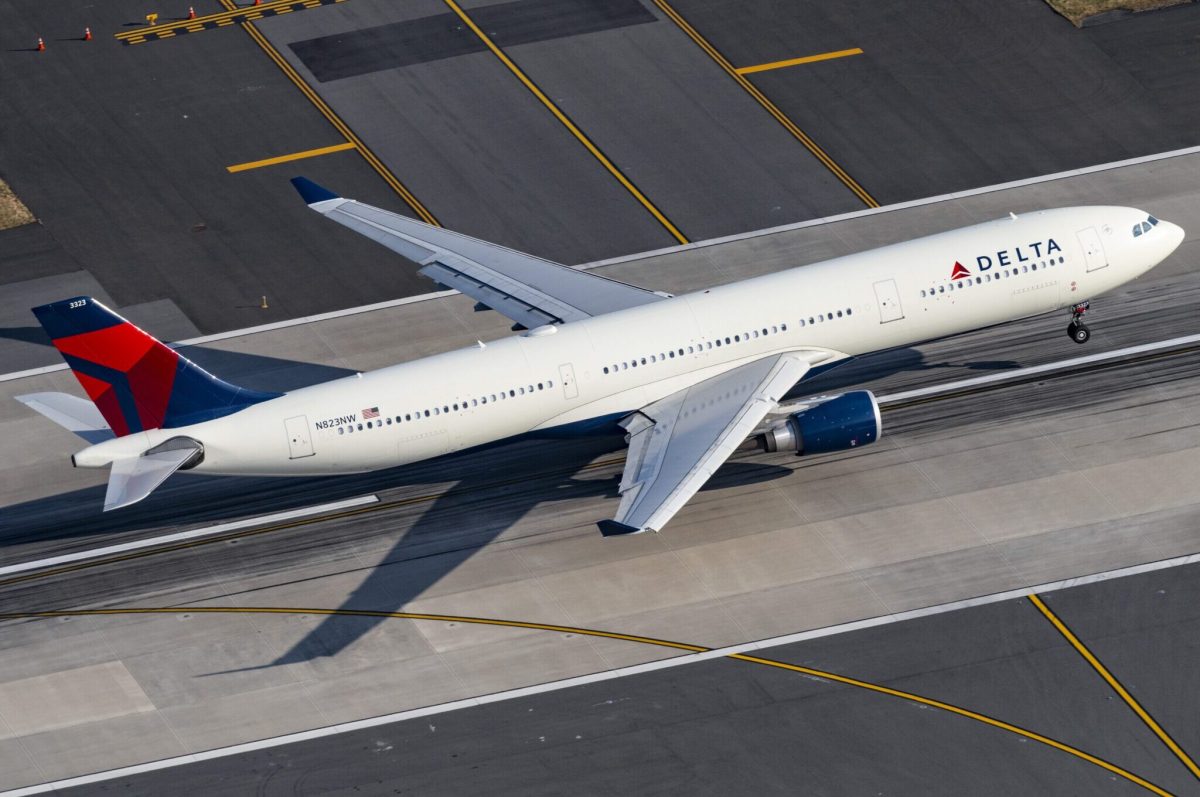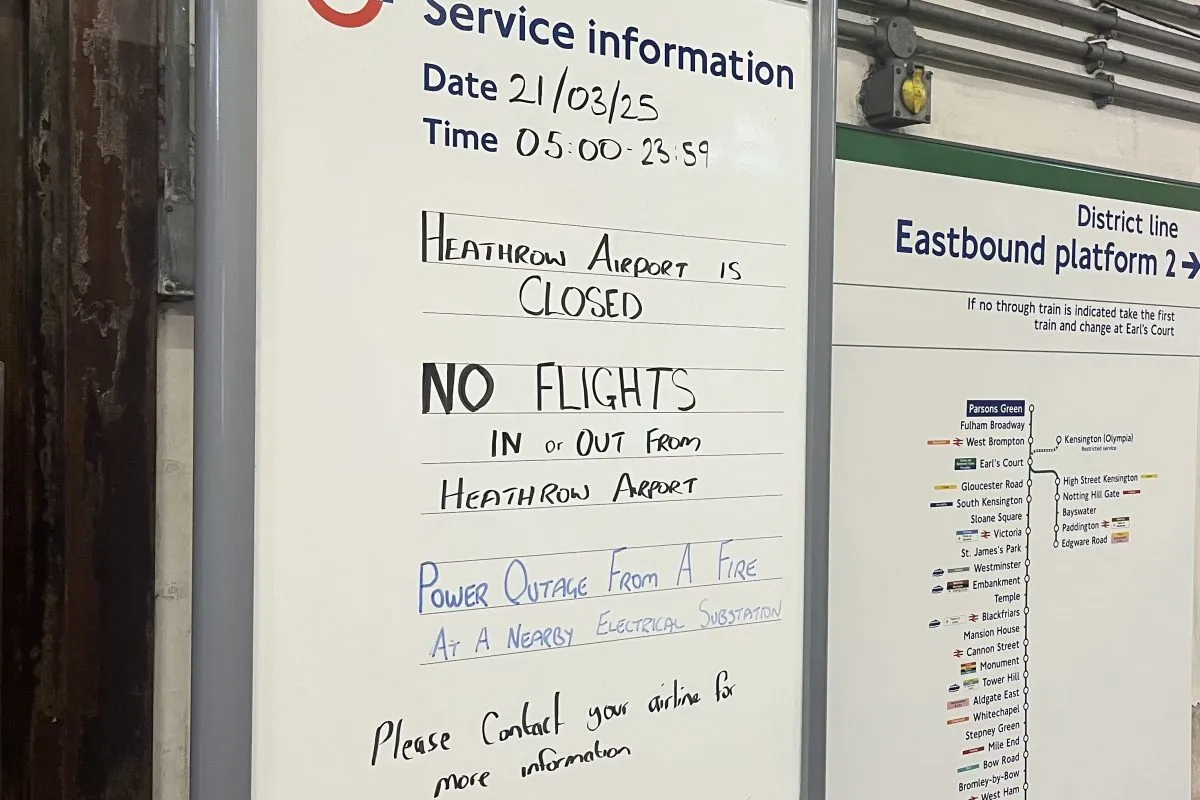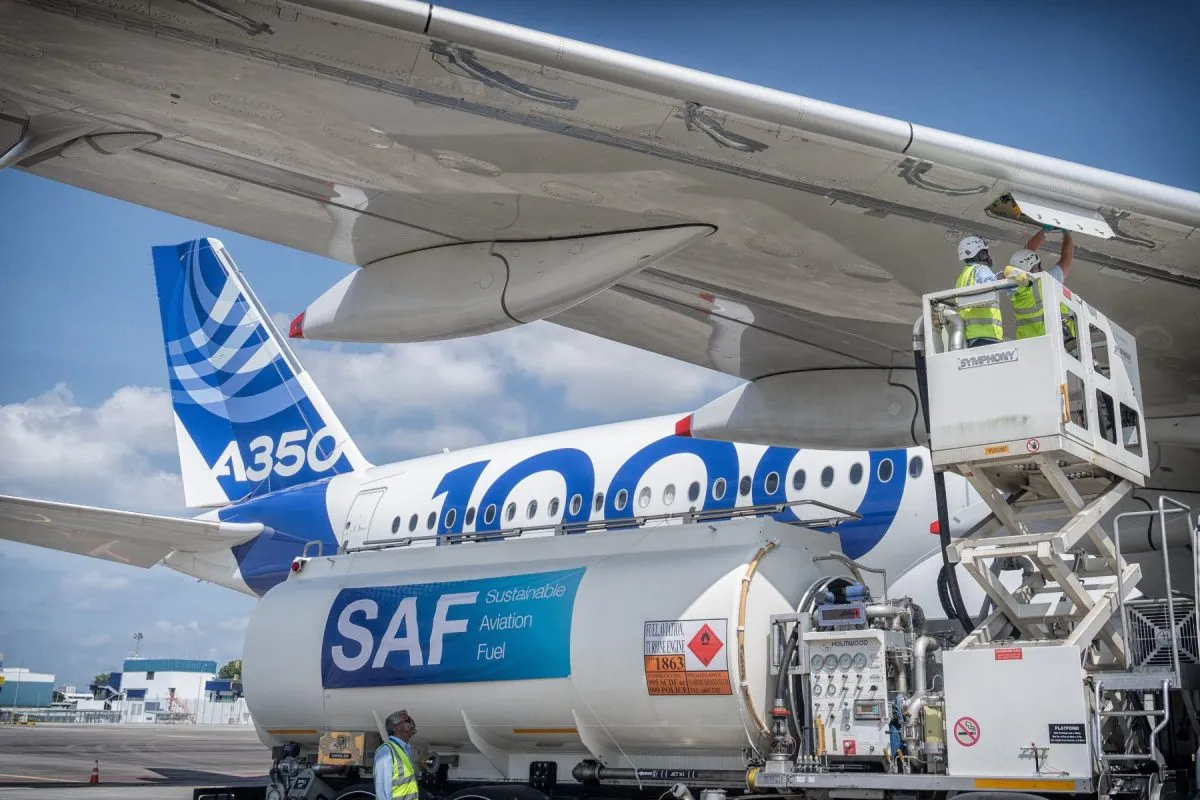What's Driving Investor Interest in India's Hotel Sector

Skift Take
Real estate services company JLL estimates that by the end of this year, hotel transactions in India will amount to a total of $413 million. Last year, the industry saw investments worth $401 million.
According to JLL India managing director for hotels and hospitality group Jaideep Dang, the surge in investor interest is driven by favorable macroeconomic factors, expanding commercial markets, and improved air connectivity.
Earlier this year, JLL had noted that hotel investments in the Asia Pacific region, including India, are rising due to strong tourism rebound. It had noted that while established leaders Japan and China would remain the top markets for hotel transactions, emerging markets including India and Thailand were poised for record growth.
Tier-1 Markets to Remain a Stronghold
For the second half of the year, JLL anticipates Tier-1 markets to remain a stronghold for transaction activity, accounting for 78% of the expected transaction volume, with Tier-2 and 3 cities accounting for the remaining 22%.
Last year, global commercial real estate services firm CBRE had said in a report that investments in the Indian hotel industry would likely surpass $2.3 billion over the next few years.
However, JLL noted that in 2023, deals accounting for 36% of the transaction volume were either under proceedings of India’s company law tribunal or were conducted to decrease the debt pressure.
“Moving forward, hotel transactions may still be influenced by debt factors, as the central government’s incentive scheme to ease debt pressures post-Covid is coming to an end. This along with upwardly stable interest rates may put pressure on owners to liquidate assets,” it noted.
This indicates the possibility of more hotel transactions, even as smaller players may exit.
Branded Hotels in Tier-2 and Tier-3 Cities
During the first half of the year, 19,442 new branded hotel keys were signed: this was 77% of the total number of rooms signed in 2023. The number of new projects, in terms of room inventory, during the first six months of this year surpassed the total for all of 2023.
Even though asset transactions were mostly carried out in Tier-1 regions, hotel signings remained concentrated in Tier-2 and 3 cities as these regions made up for nearly 83% of the branded hotel signings, JLL noted. However, Tier-1 markets like Mumbai, Hyderabad, Pune, and Chennai are still witnessing high domestic demand leading to signing of hotels with more than 250 keys.
Hotel Transactions 2024: Key Highlights
The JLL report stated that:
- Listed hotel companies accounted for 44% of the transaction volume between January and June
- Around 72% of the transaction volume was for operational hotels: investors preferred operating assets more than greenfield projects
- The upscale hotel segment witnessed the highest transaction volume, followed by the midscale segment
- Tier 1 markets are the stronghold for transaction activity: they account for 78% of the expected transaction volume for the rest of the year





